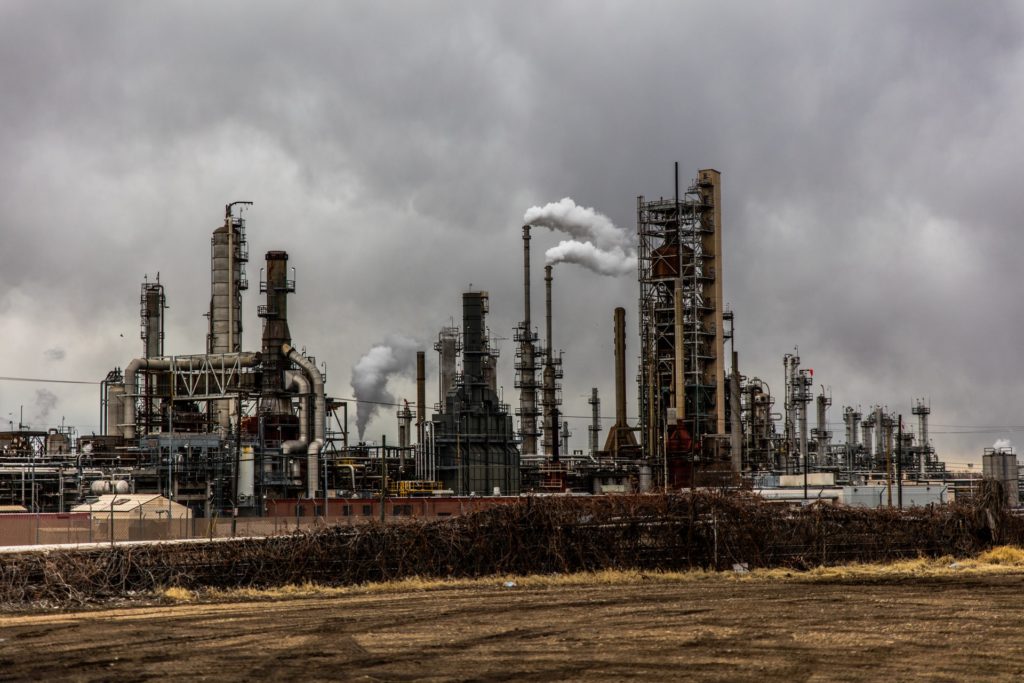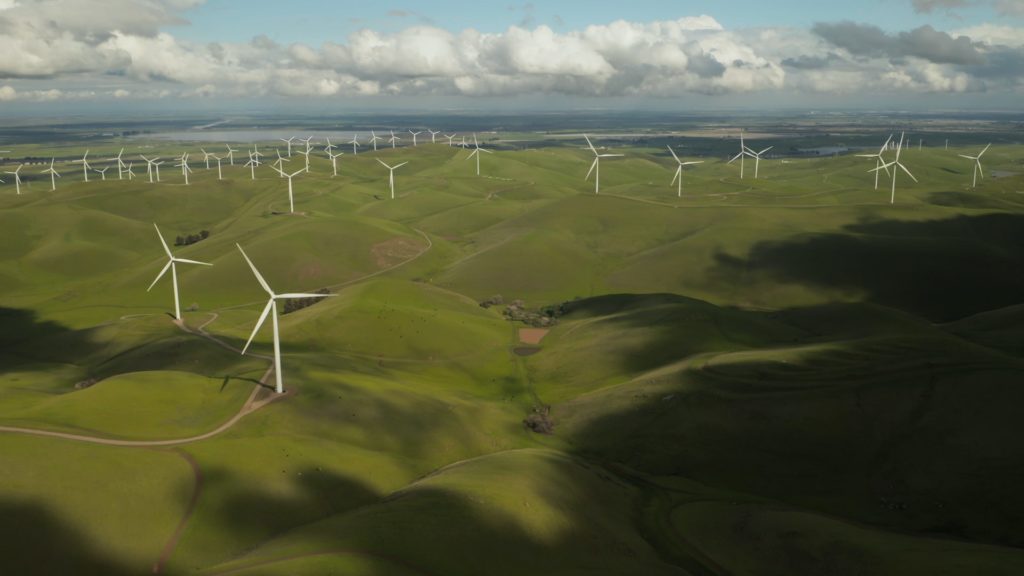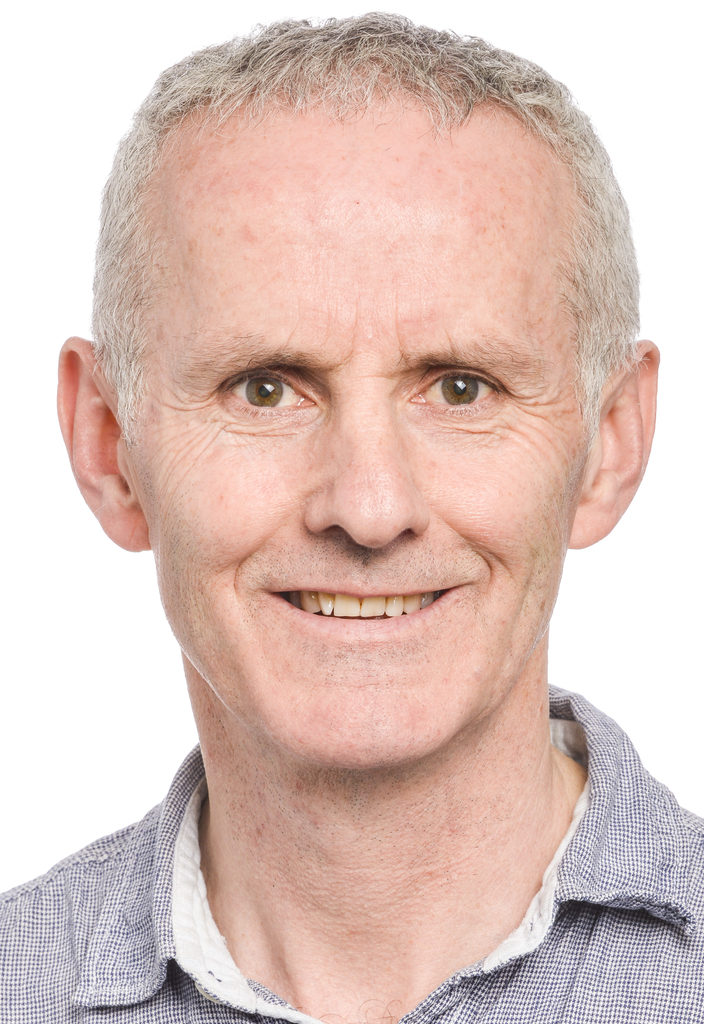17.06.2021
An opinion by Marie Toussaint, Jutta Paulus and Ciarán Cuffe, Greens/EFA MEPs
European institutions are discussing the future of Europe’s energy. Current rules pre-date the Paris Agreement and the Green Deal, making it impossible to achieve carbon neutrality objectives by 2050. This revision will decide how fossil fuels are financed and consequently, the place given to renewable energy in Europe.

Crucial discussions are happening now for Europe’s energy future
Member States, the European Commission and the European Parliament are debating the EU’s energy infrastructure regulation, or TEN-E, to align it with European climate objectives. The current regulation, adopted in 2013 – before the Paris Agreement and the Green Deal debates – makes it impossible to achieve carbon neutrality by 2050: since its adoption, the TEN-E regulation has granted “project of common interest” status to 266 fossil gas projects and facilitated nearly €5 billion in taxpayer-subsidized grants and loans for 41 fossil gas infrastructure projects.
What is at stake with this revision of the regulation is therefore the place of fossil gas in European financing, and consequently the place given to renewable energy. For the Greens/EFA group, 3 MEPs are involved on this important file: Marie Toussaint, shadow rapporteur for the European Parliament’s Energy Committee (the lead committee on TEN-E) and rapporteur for the Environment Committee opinion, Ciarán Cuffe, shadow for the Committee on Regional Development opinion and Jutta Paulus, shadow for the Transport Committee opinion. For us, the objective is clear: to get gas out of the regulation so that public funds can be redirected towards energy efficiency and the development of renewable energies.
What’s happening in the Council?
Member States were clearly divided in two camps, between pro-gas and anti-gas, including 11 progressive States. But on Friday, June 11, 2021, the Council adopted a disappointing position, officially halting the financing of gas projects with public funds, but still agreeing to fund the modernization of pipelines, and “blending”, the mixture of fossil gas and hydrogen. Although presented as a “transition” measure, this proposal will result in continued investment in fossil gas infrastructure. Indeed, if hydrogen has a major role to play in the transition, we must consider the fact that only a marginal amount of the hydrogen produced in Europe today comes from renewable energy, the rest being highly dependent on fossil and/or fissile energy sources. Moreover, for technical reasons, less than 10% of hydrogen can be injected into a ‘classic’ gas pipeline, the rest will necessarily be fossil gas. Accepting “blending” therefore means persisting in our dependence on fossil gas and deviating from our trajectory towards carbon neutrality.
The Council’s position condemns Europe to continue to depend on fossil fuels and to miss its climate objectives

What does the European Commission’s say?
According to the Commission, the proposed revision to the TEN-E, published in December 2019, would exclude new fossil gas pipeline projects from eligibility for European funding. But subtle arrangements allow to continue the financing of gas infrastructures with European public money: for example, smart gas networks and the inclusion of hydrogen… Moreover, the proposal introduces other categories, such as the bewildering CO2 transport (part of the CO2 capture and storage process) projects which could also be eligible for these public funds.

All is not lost
Before the “trialogue” between the 3 institutions, the European Parliament must also propose its position on the text.
The Greens/EFA group is fighting for a regulation that really excludes gas.
- It is an ecological and climatic issue of course, but also a financial one: not only does Europe not need to develop new gas infrastructures to meet its needs, according to several studies, but the financing of new infrastructures, with a lifespan of 40 to 50 years, would make climate neutrality for 2050 unattainable and would risk wasting public funds on projects that would be abandoned and being stranded assets.
- It is also a democratic issue: in the current regulation, it is the energy transmission system operators (such as Enedis and GrDF in France), called ENTSO-G, who are responsible for assessing needs and planning infrastructure development! While their expertise is undeniable, their conflict of interest is even more so. NGO research has shown that the ENTSO-G network has systematically overestimated gas needs in the EU since 2010. We are therefore pushing for independent expertise, based on scientific arguments, and not on the gas industries’ race for profit.
- We are also pushing to ensure the democratic dimension of the new TEN-E regulation, by ensuring citizen and stakeholder participation in the choice and design of EU energy infrastructure, with special attention to indigenous and marginalized communities, and by strengthening the role of the European Parliament in the choice of “projects of common interest” presented by the Commission.
The votes on the European Parliament’s report will take place on 16th June in the Transport and Regional affairs, on 21 June in the Environment Committee, and on 15 July in the Energy Committee, and in a later plenary session.
Authors

MEP Marie TOUSSAINT/ European Union 2019 
MEP Jutta PAULUS / European Union 2019 
MEP Ciaran CUFFE / European Union 2019